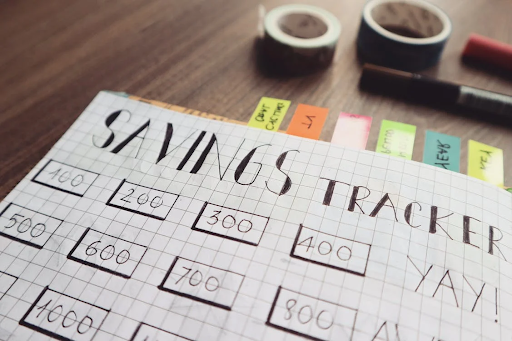How to Save Money Without Giving Up the Things You Love
Saving money is an essential part of adulthood for many reasons, but it’s not always as easy as it should be. This is particularly true for the small business owner who needs to cut costs in their personal expenses — staying afloat both professionally and personally is a double burden. When you’re faced with unforeseen expenses such as car issues or appliances breaking down, it’s stressful to have to part with the money you’ve worked so hard to save, especially when you know the setback will cost you several more months of budgeting and sacrifice.
You may feel as though you’ll never get ahead or that you’ll be stuck in a rut forever. Fortunately, it doesn’t have to be that way. You can budget and learn how to save efficiently, without giving up all the things you love most; the key is to think outside the box and plan carefully. Here are a few ways to do just that.
Utilize the Second-Hand Economy
The second-hand economy has grown in popularity in recent years simply because it’s a great way to save money, but you can also make some quick cash if you know where to start. If you’ve ever shopped at a thrift store or bought an item from eBay or Poshmark, you’ve already taken part in the second-hand economy. Utilizing certain stores, apps, and websites can help you cut costs on clothing, accessories, and items for your home and will allow you to be eco-friendly at the same time. You will be doing your part to eliminate waste from landfills — one of the biggest contributors to global warming according to Greentumble.
Start Small
If you’re unsure of how to get started with saving, go small at first. Clip coupons before you go grocery shopping or look for online coupon codes that will help you save a bit extra. Open the windows around the house to create a nice breeze instead of using the air conditioning. HomeSelfe suggests unplugging appliances to prevent phantom energy use, and use a programmable thermostat to better control how you heat and cool your home. Once you’ve tested the waters, you can move on to bigger lifestyle changes, such as moving to a smaller home with a smaller monthly payment.
Make Your Own Gifts
If you have a lot of friends or family, you already know the struggle of trying to pay for gifts, gift wrapping, and cards several times per year when birthdays, graduations, weddings, and holidays come around. A great way to get around these expenses is to get creative. Making a heartfelt gift is often really appreciated, and more meaningful than something bought in a store. If you have some artistic skills, you can make cards for any special occasion. There are tons of great ideas online for homemade gifts that won’t break the bank and will make your loved ones happy.
Refinancing
Many homeowners choose to refinance their mortgage at some point during their ownership. This can lower your monthly payments because you may be able to obtain a new loan with a lower interest rate, which will reduce the amount you have to pay each month. Refinancing can also give you the opportunity to take cash out of your home equity. This can be helpful if you need money for home improvements or other expenses. If you are considering refinancing your mortgage, it is important to speak with a lender to determine if it is the right choice for you.
Time for a Trade-Off?
No one wants to give up something they really enjoy, but sometimes you can make a budget-friendly trade that’s just as good or better than what you already have. For instance, if you’re paying for a cable package you don’t use much, consider switching to a streaming device instead for a fraction of the price. With the right media player, you can still access thousands of programs and movies without spending hundreds on cable.
Also, think about changes you can make when you plan your travel and getaways. Instead of forking out the extra cash when you stay at a hotel or resort (there are also the “hidden” expenses of taxes, amenity fees, and meals eaten out at restaurants), opt for a vacation rental. These places are truly homes away from home, where you can utilize a full kitchen to cook your own meals, which again can be brought with you on a tiny budget.
It can really pay off to take a hard look at your expenses to find out where you might be able to make a change without giving up what you really want.
Saving money and cutting costs can be stressful, so take it slowly. Don’t feel pressured to get rid of the things you truly enjoy; simply look somewhere else for an opportunity to cut back on personal spending. Whether you’re refinancing or purchasing items second-hand, there are many ways to stay on a budget, so get creative and plan ahead.
Photo via Pixabay



